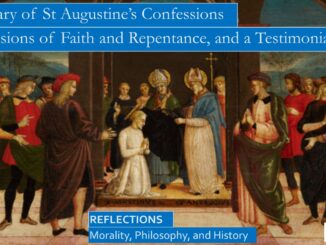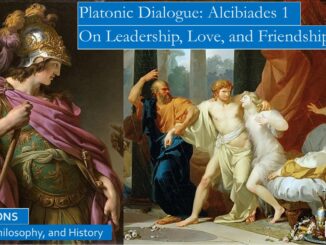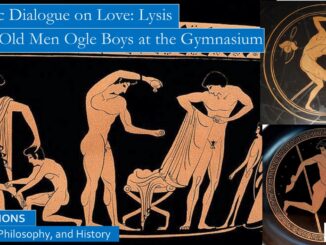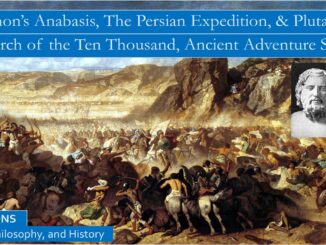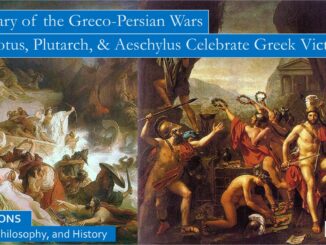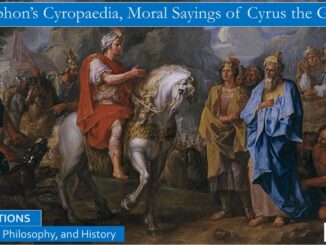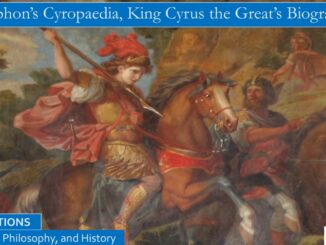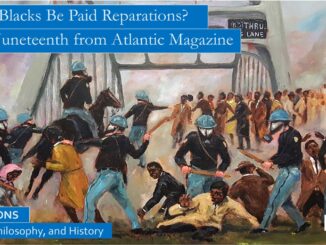
Tony Bennett and Rita Hayworth: Their Struggle With Alzheimer’s
“Tony Bennett was already showing clear signs of the disease, Susan said, when he and Lady Gaga started recording the new LP at New York’s Electric Lady Studios two years after his diagnosis. Indeed, Susan was not entirely sure that Tony was up to the task. ‘We’ll try,’ she recalled telling Danny. ‘That’s all I can tell you. We’ll try.’”
“Tony was a considerably more muted presence during the recording of the new album with Lady Gaga. In raw documentary footage of the sessions, he speaks rarely, and when he does his words are halting; at times, he seems lost and bewildered. Lady Gaga, clearly aware of his condition, keeps her utterances short and simple (as is recommended by experts in the disease when talking to Alzheimer’s patients). ‘You sound so good, Tony,’ she tells him at one point. ‘Thanks,’ is his one-word response.” […]

